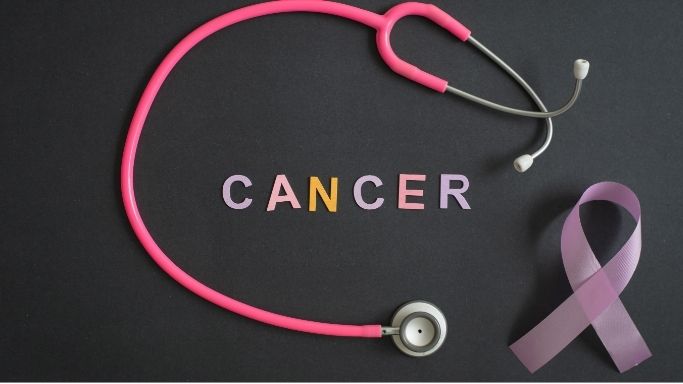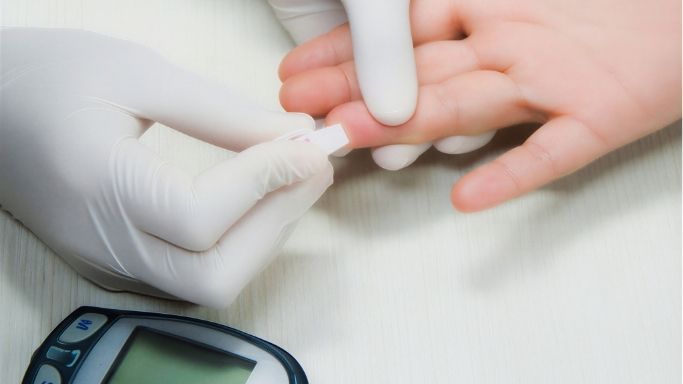RaceEthnicity
More than Half of Clinical Trials Do Not Report Race/Ethnicity Data
Clinical trials represent one the largest investments of collective resources in science. These studies, which recruit participants and rigorously ...
Less Than Half of U.S.-Based Clinical Trials Report Race/Ethnicity
MONDAY, April 11, 2022 — Less than half of U.S.-based trials report on race/ethnicity, and the median combined enrollment of minority race/et...
Race/ethnicity reporting and representation in US clinical trials: A cohort study
Summary
Background
Systemic progress in improving trial representation is uncertain, and previous analyses of minority trial participation have be...
Patient Research Interest Differences by Gender and Race/Ethnicity: A North Texas Primary Care Practice-Based Research Network (NorTex) Study
Patient Research Interest Differences by Gender and Race/Ethnicity: A North Texas Primary Care Practice-Based Research Network (NorTex) Study
Tanji...
Is Pulse Oximetry Accurate for Patients With COVID-19 of Varying Race/Ethnicity?
In a study of hospitalized patients with confirmed or suspected COVID-19, pulse oximetry produced falsely high oxygen saturation readings for patie...
Trends in college student mental health and help-seeking by race/ethnicity: Findings from the national healthy minds study, 2013-2021
Background:
A considerable gap in knowledge exists around mental health trends in diverse racial and ethnic adolescent and young adu...
Trending Topics
Features
- Drive Toolkit
Download and distribute powerful vaccination QI resources for your community.
- Health Champions
Sign up now to support health equity and sustainable health outcomes in your community.
- Cancer Early Detection
MCED tests use a simple blood draw to screen for many kinds of cancer at once.
- PR
FYHN is a bridge connecting health information providers to BIPOC communities in a trusted environment.
- Medicare
Discover an honest look at our Medicare system.
- Alliance for Representative Clinical Trials
ARC was launched to create a network of community clinicians to diversify and bring clinical trials to communities of color and other communities that have been underrepresented.
- Reducing Patient Risk
The single most important purpose of our healthcare system is to reduce patient risk for an acute event.



















